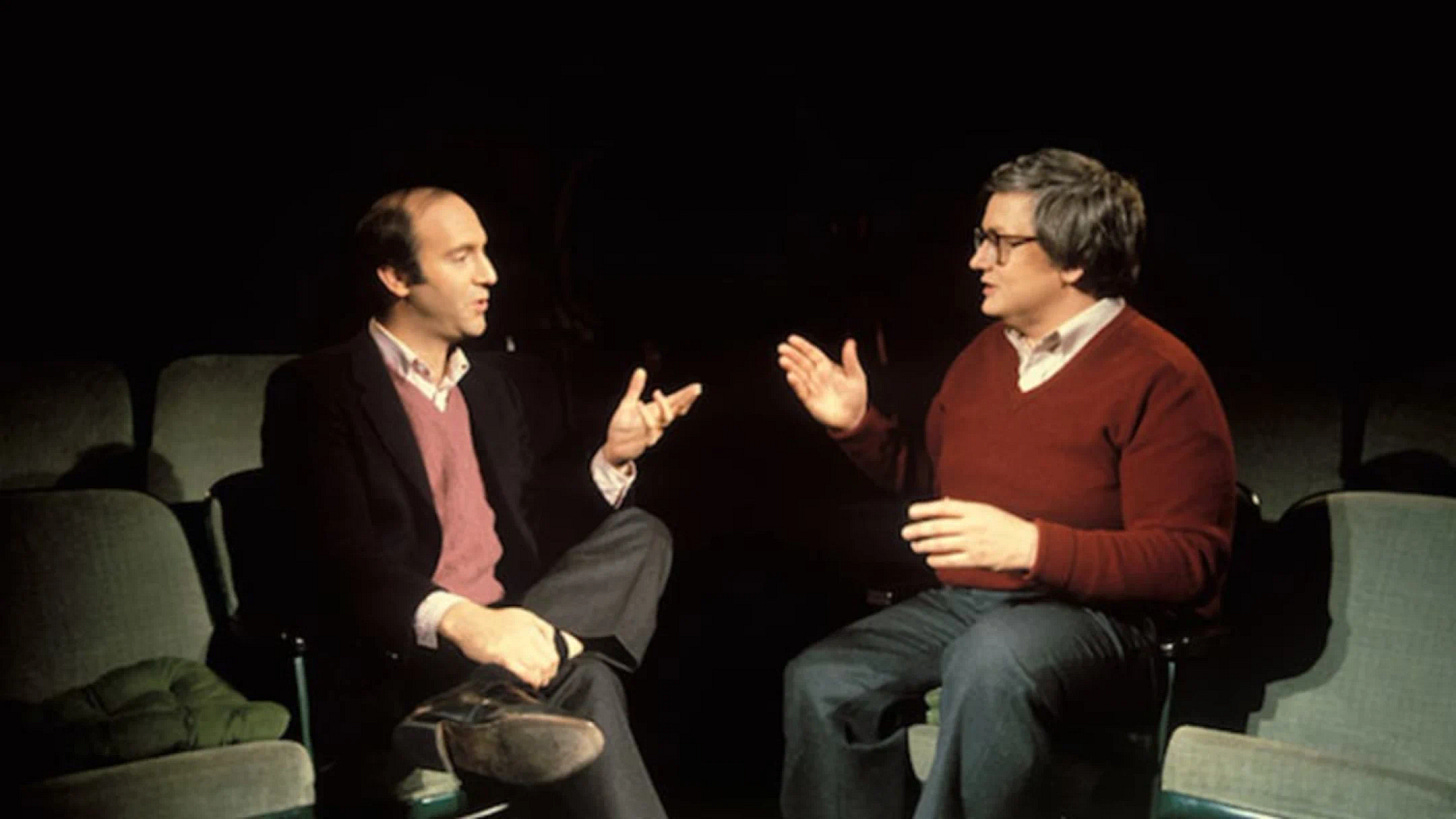Being presented with the same material and coming to a wildly different conclusion about it was the heart of the appeal of Gene Siskel and Roger Ebert and their decades-long conversation about the movies.
More than a decade after Ebert’s death and almost three since Siskel’s, it’s now possible to look back on their careers in the same way as they might have disagreed about a picture they had both just seen.
Matt Singer’s new book, Opposable Thumbs: How Siskel & Ebert Changed Movies Forever, is a noble and quite successful attempt to grapple with that monumental legacy at a moment when this pair - such a fixture for those of us of a certain age - are starting to fade just a bit from memory. Fun as it is to relive their love-hate relationship, quick-witted barbs aplenty, reconsidering their impact at this particular moment is a more urgent task than it might initially seem.
Siskel and Ebert anticipated with astounding clairvoyance the media landscape of today, good and bad. No doubt they would be thrilled that so many films are accessible to so many people via streaming services. No doubt, too, that they would be horrified by everything from cell phones in theaters to mergers and acquisitions that threaten the preservation, study, and resuscitation of long-forgotten films to algorithms that feed us more of what we seem to like rather than challenge us with something new and foreign.
Of course, they also shaped the media landscape of today, as Singer points out, right down to the thumbs up/thumbs down rating system Netflix now uses as an input for its algorithm.
The fiery-crosstalk debate show was basically invented by these two, though aside from Pardon the Interruption, which also features longtime journalist colleagues with a real relationship that came before and extends beyond the cameras, there isn’t much in this genre that can hold a candle to the original. Even so, almost all of cable news still seems to be chasing that original appeal in some capacity, even if it cares nothing for the attendant charm and depth Siskel and Ebert brought.
It’s tempting - and believe me, I am quite tempted - to look around and lament the rise of Siskel and Ebert to national prominence. You can do this without even thinking ill of Gene or Roger - the law of unintended consequences and all that.
You can, but you shouldn’t.
Singer is quite deliberate in illustrating that any backlash to the pair isn’t new. Contemporaries of Siskel and Ebert believed - wrote even - that they were dumbing down the discipline of film criticism while their weekly show was airing. Those contemporaries looked at their fame then and learned the wrong lessons. They missed that both adhered to a clear, tireless ethic in their criticism and that that, just as much as their shared rapport, brought an elevated discourse and curiosity about film to the masses that didn’t exist before.
More than 10 years since we lost Ebert, we must not miss that central fact in our accounting of their impact. Just as when Siskel and Ebert were at their height, there is no threat greater to cinema than cynicism in its many forms. Were they here to counsel us, I suspect they would tell us that there is also nothing so intrinsically rotten about the world of film today that it can’t be helped by writing and speaking with earnest passion about the art form.



